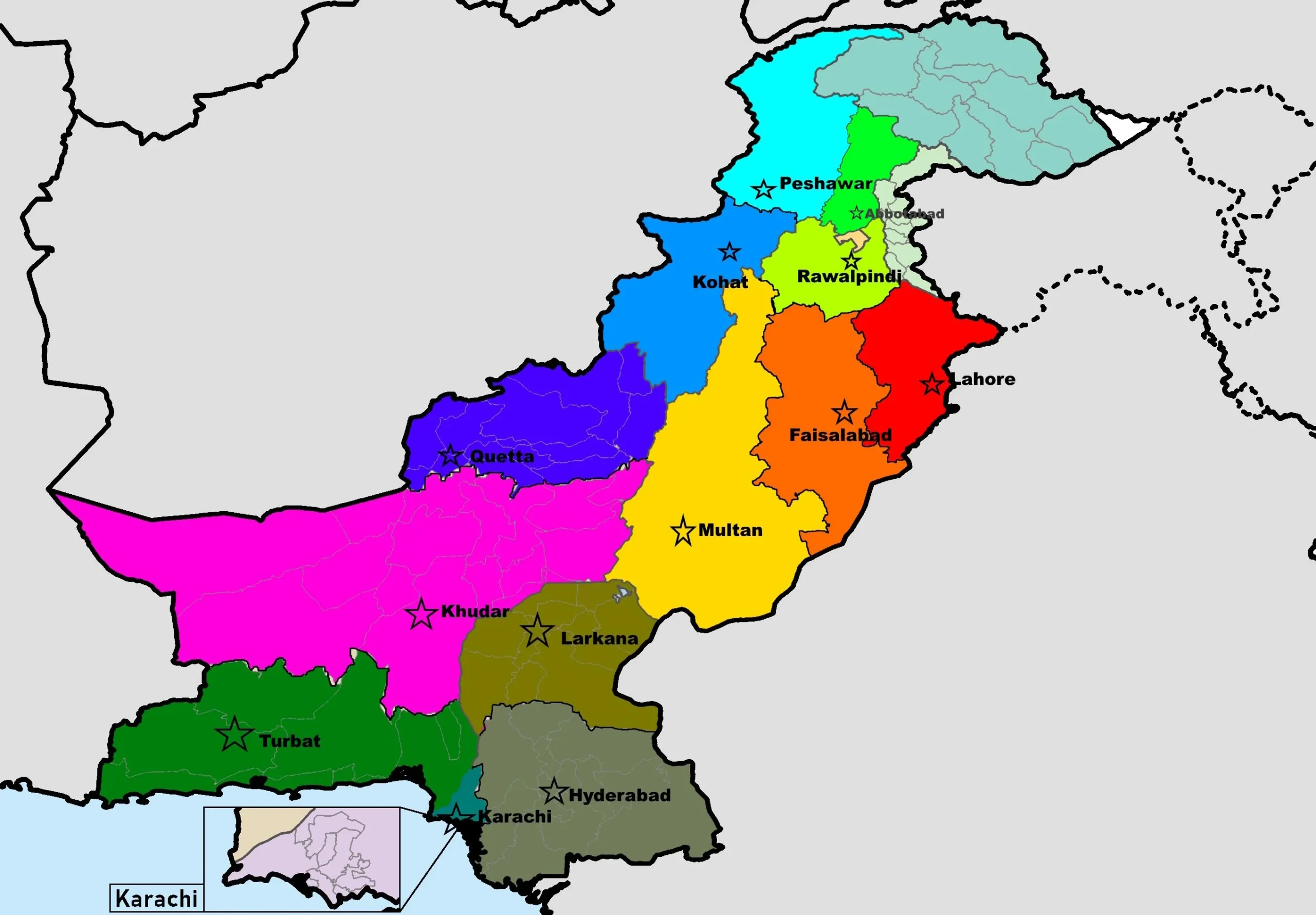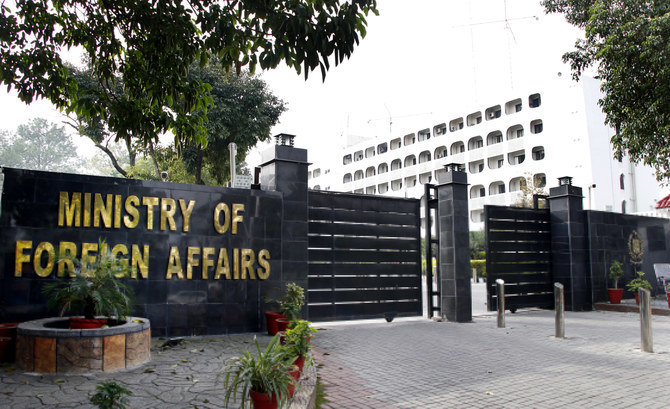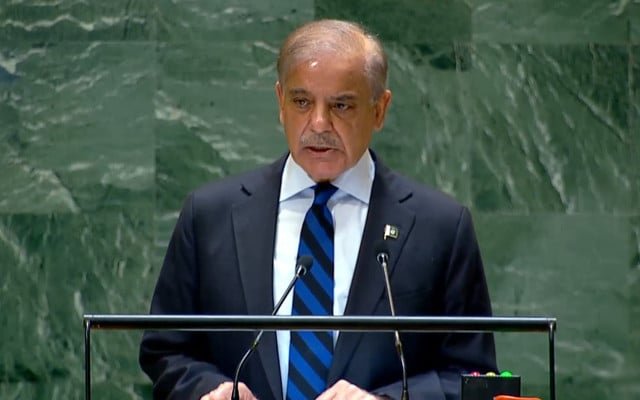The Aga Khan, the 49th hereditary Imam of the Shia Ismaili Muslims and a prominent philanthropist, passed away peacefully in Lisbon on February 4, 2025, at the age of 88. His death was announced by his foundation, the Aga Khan Development Network, which he founded and led. The foundation is known for its extensive development programs in Asia and Africa, employing over 96,000 people.
The Aga Khan’s death marks the end of an era for the Ismaili community, which numbers between 12 and 15 million people worldwide. The foundation’s statement confirmed that the Aga Khan was surrounded by family at the time of his passing, and it noted that the announcement of his successor will follow in due course.
Known for his dedication to improving education, health, and development, the Aga Khan’s work earned him international recognition. United Nations Secretary-General Antonio Guterres praised the Aga Khan as “a symbol of peace, tolerance, and compassion in our troubled world.” Nobel Peace laureate Malala Yousafzai also paid tribute, stating that his legacy would live on through his contributions to global development.
Born on December 13, 1936, in Geneva, the Aga Khan spent his early years in Kenya before returning to Europe to attend the prestigious Le Rosey School and later study Islamic history at Harvard University. Upon the death of his grandfather, Sir Sultan Mahomed Shah Aga Khan, in 1957, he became the spiritual leader of the Ismailis at just 20 years old.
In addition to his religious leadership, the Aga Khan led a lavish lifestyle, owning multiple yachts, private jets, and a private island in the Bahamas. His fortune, estimated between $800 million and $13 billion, stemmed from family inheritance, investments in real estate and tourism, and a successful horse breeding business. His stable’s horses, such as Sea the Stars and Sinndar, achieved notable victories, including the Epsom Derby and the Prix de l’Arc de Triomphe.
While the Aga Khan was known for his wealth and passion for thoroughbred racing, his legacy is most profoundly marked by his philanthropic efforts. His work through the Aga Khan Development Network improved the lives of countless individuals across the globe. In recognition of his contributions to tolerance and development, the Aga Khan was granted honorary Canadian citizenship and held British and Portuguese citizenships.
As the world mourns his passing, the Aga Khan’s visionary work in promoting peace, education, and development remains a lasting testament to his leadership and humanitarian impact.















